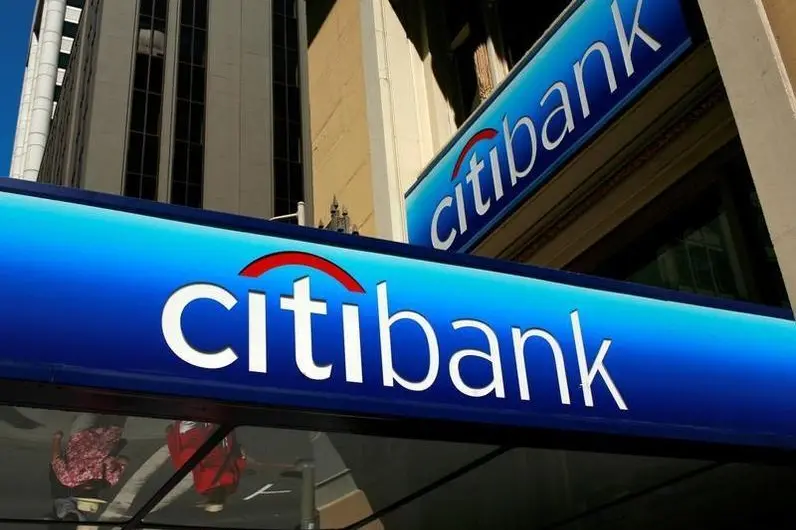PHOTO
In terms of institutional inflows, Citibank Nigeria Limited has attracted the highest capital into Nigeria with $818.46 million (31.43%), followed by Standard Chartered Bank Nigeria Limited with $654.79 million (25.14%) and Rand Merchant Bank Plc with $488.59 million (18.76%).
This trend, according to analysts, underscores the crucial role that banking and financial services play in attracting foreign capital to Nigeria amidst prevailing economic challenges.
According to the second quarter (Q2) Nigeria’s Capital Importation report recently released by the National Bureau of Statistics, Stanbic IBTC Bank ranked fourth with $409.93million, Access Bank, $80.14million, Zenith Bank $78.01million, Ecobank Nigeria $25.89million and FBN $21.28million.
Others are: GTBank which attracted $9.11million into the economy, FCMB $6.21million, Sterling Bank $4.08million, UBA — $2.17million, Fidelity Bank
$2.15million, Coronation Merchant Bank $1.5million, Keystone Bank Limited $1.3million, Titan Trust Bank Limited $600, 000, Providous Bank $295, 000, Jaiz Bank $9, 000 while Wema Bank Plc attracted $7, 000.
The latest data on capital importation from NBS shows that Nigeria attracted total capital inflow worth $5.98 billion in H1 2024, indicating a 177 year-on-year (y/y) increase from $2.16 billion in H1 2023.
This increase was driven by a 360percent y/y growth in Portfolio investments into Nigeria to $3.48 billion from $756 million last year and 85% y/y surge in other investments to $2.35 billion while foreign direct investments managed a 12 percent y/y increase to $149 million under six months of 2024.
Analysts from Court Assets Management Limited said the recorded growth could be said to have been triggered by the elevated interest rates in Nigeria; rousing sentiments of foreign investors who prowl for higher returns on investments and return of investment. This happened despite incoherent foreign exchange policies and the devaluation of the local currency.
In H1 2024, Nigeria saw significant foreign portfolio participation in money market instruments, with around 77% (or $2.68 billion) of foreign portfolio investments (FPIs) allocated to treasury bills, Open Market Operation (OMO) bills, and commercial papers.
“During this period, we saw the Central Bank of Nigeria (CBN) offered yields as high as 22.5 percent on treasury bills primary market auctions, while OMO bills yielded 22 percent, making these instruments among the most attractive in the market.”
Private companies also tapped into the favourable conditions, issuing commercial papers at even higher discount rates of 25 percent, 28 percent, and up to 30 percent,” the analysts stated in a note to clients.
This high return on debt instruments drew substantial foreign interest.
The NBS report showed that Bonds, however, attracted $599 million in FPIs
during H1 2024, with $420.8 million invested in Q1 alone. Compared to the previous year, FPIs into bonds grew by 55percent, rising from $386 million in H1 2023.
A cursory analysis of the data according to Cory Assets Management unveils that Banking, Trading and Production sectors in Nigeria have maintained position as top investment sectors, gaining 53.4percent, 17.8percent and 13.7percent shares of total $5.98 billion imported capital during the first six months of 2024. This is particularly hinged on their continued contribution to national growth and expansion with the adoption of innovation.
Copyright © 2022 Nigerian Tribune Provided by SyndiGate Media Inc. (Syndigate.info).




















